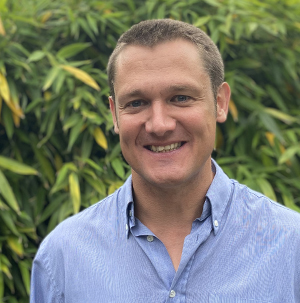From listening to the brilliant Sarah Urquhart I’ve been left with several questions around the place of coaching and the training of coaches within organisations. Firstly… what is culture? Sarah makes excellent arguments for developing a ‘coach state’ as oppose to a ‘crash state’. These states were represented in the two diagrams below. Looking at
Why
Life gets complicated and busy; routines and responsibilities can make us lose focus on what’s important. Coaching helps us ‘unpack’ complex issues, prioritise our time and energy and move toward our goals. Have you ever found yourself wondering where the last few years have gone? Time can feel like it’s speeding up and we are constantly having to react to situations and changes. Coaching forces us to understand the ‘whys’ and ‘wherefores’ so we can learn more about the way we operate, the mistakes we make and the skills and processes we adopt to succeed. A greater understanding of yourself allows you the space to be aspirational about where you want to get to. Success rarely happens by chance, setting personal and professional goals may feel a little strange at first, but when unlocking motivation and planning your next steps, we take more control in the way we live and work, allowing us to reach more of our potential.
Being told what to do, what to think and how to think; can be effective in some circumstances, we might picture someone with authority or higher status using a mixture of persuasion or some kind of threat to encourage or force someone else to do something or think something. As a leadership style this has some problems. Constantly telling someone what to do might lead to dependency and the person on the receiving end might feel a lack of trust if they are not allowed to think for themselves. Coaching takes a different approach. Who should be the person setting goals and setting the direction of our lives? Coaching puts us firmly in the driving seat, allowing us to move forward more confidently and with more control.

What
Coaching conversations can be ‘one-offs’, a time to focus on a few concise areas or they could be spread out weekly or monthly depending on what works best for you. A coaching session usually lasts about an hour and can be face-to-face, over the internet or on the phone. The time is spent exploring and evaluating where you are at, where you’ve come from and where you would like to be. Goals and next steps will be set and a realistic time frame agreed to ensure things are moving forward.
The focus for coaching is always determined by the client or coachee and can be around any aspect of their life they want to enhance. People often want to explore things about themselves; aspects of their personality they want to develop or they may want to focus on things they want to achieve; succeeding in an interview, or completing a 5k run. For some, coaching is a way of establishing what the focus should be before prioritising next steps.
How
Get in touch if you want to find out more about me, about coaching and we’ll go from there. Coaching can be face-to-face, at a place of work or at a convenient coffee house, some clients like to ‘get their steps in’ and walk and talk. Meeting on the internet is perhaps more convenient and might suit you more.

